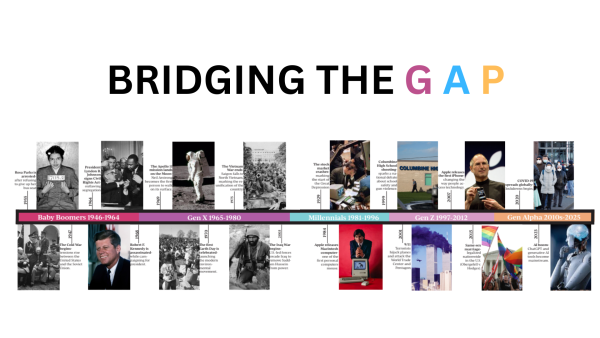One Christmas, Many Traditions

Various canagers featured in countries like Spain and Portugal include President Obama and Woody Allen.
For many people who celebrate Christmas, it’s known to be celebrated on Dec. 25 and is filled with fat Santas, decorated trees decked with tinsel and ornaments, jolly songs and presents stacked high under the tree. But Christmas traditions in other countries are different from what Americans are used to. Some countries don’t even celebrate Christmas on Dec. 25 or even in the month of December at all.
Russia and Ukraine celebrate Christmas on Jan. 7 according to their traditional religious calendar, the Julian Orthodox Church calendar. Many other countries celebrate Christmas on either Jan. 6 or 7, such as Macedonia, Serbia, Armenia and Georgia (these are typical Orthodox countries in Eastern Europe).
While some countries have alternative dates for Chirstmas, others have unusual and quirky traditions. Many are based on ancient legends and tales. In Norway, legend tells of evil spirits and witches coming on Christmas Eve to steal people’s brooms and ride off into the night. This legend has led to the tradition of hiding brooms and other cleaning supplies before Christmas Eve and firing a shotgun to “scare” the witches away.
In the Ukraine, there is a legend that a poor widow couldn’t decorate her tree for Christmas, but woke up to a beautiful decorated tree covered in a spider’s web on Christmas morning. People now hide a toy spider and web in the tree, and when someone finds it, it is believed they will be blessed with special presents and good luck.
Other traditions stem from American traditions. In Ireland, the tradition of leaving out milk and cookies has been turned into a mince pie and a bottle of Guinness for Santa to enjoy.
It’s common to see nativity scenes around this time, too, but Spain, Portugal and Italy put a twist on the religious scenes. The Caganer, a figurine of an ordinary person in present time, had recently evolved into figurines of politicians, celebrities and, of course, Santa.
In the countries of Hungary, Bavaria, Slovenia and especially Austria, Santa’s naughty list has been taken a step further. On Krampus Night (Dec. 5), people dress up with the most gruesome, and scariest devil-like costumes pretending to be Santa’s evil twin brother, Krampus, whose job is to punish all the naughty kids.
There are traditions that determine people’s good luck and fortune like the one in Czech Republic, where women kick their shoe behind their back. If the heel is pointing towards the front door, they’ll stay single but if it’s not, then they will get married the following year.
In Great Britain, stirring the Christmas pudding would make a wish come true. In Slovakia, a spoonful of Loksa, a traditional Slovakian dish, is thrown up to the ceiling and the more Loksa stays up, the better the harvest would be next year.
Your donation will support the student journalists of McNeil High School. Your contribution will allow us to purchase equipment and cover our annual website hosting costs.





